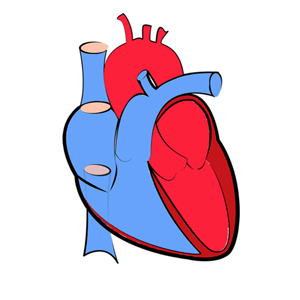 Smart Citations
Smart CitationsSee how this article has been cited at scite.ai
scite shows how a scientific paper has been cited by providing the context of the citation, a classification describing whether it supports, mentions, or contrasts the cited claim, and a label indicating in which section the citation was made.
Advanced Cardiac Life Support (ACLS) knowledge, practice, and associated factors among general practitioners and nurses at Primary Hospitals in Ethiopia
Advanced cardiac life support (ACLS) refers to a set of life-saving protocols and skills for urgently and emergently treating life-threatening conditions that result in cardiac arrest. An institutional-based cross-sectional study was conducted to assess knowledge, practices, and associated factors of ACLS among general practitioners (GPs) and nurses in Ethiopia. Data were collected using self-administered questionnaires. Data entry was carried out using EpiData version 4.6, and the analysis was performed using STATA 14. Bivariate and multivariable logistic regression analyses were employed. The study included 147 GPs and nurses, yielding a response rate of 94.2%, with 39.5% (95% CI: 32.3-47.7) and 35.37% (95% CI: 28.68-43.8) demonstrating good knowledge and practice, respectively. Sex, education, experience, and the availability of emergency equipment were significantly associated with the knowledge. Workplace, exposure to cases of cardiac arrest, training, and experience were found to be significantly associated with practice. There is a significant gap in both knowledge and practice. Based on our results, we recommend simulation-based in-service training and the inclusion of ACLS protocols in the formal education of health students.
Downloads
How to Cite

This work is licensed under a Creative Commons Attribution-NonCommercial 4.0 International License.
PAGEPress has chosen to apply the Creative Commons Attribution NonCommercial 4.0 International License (CC BY-NC 4.0) to all manuscripts to be published.

 https://doi.org/10.4081/ecj.2023.12036
https://doi.org/10.4081/ecj.2023.12036





